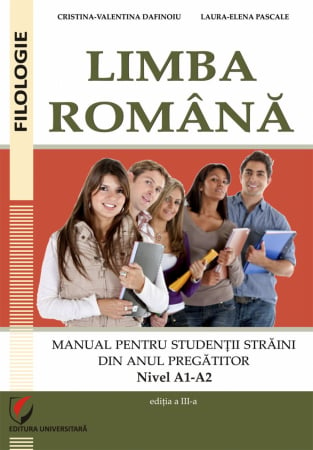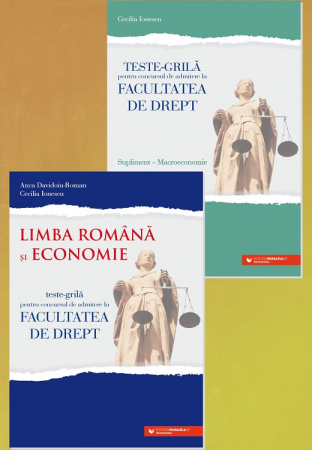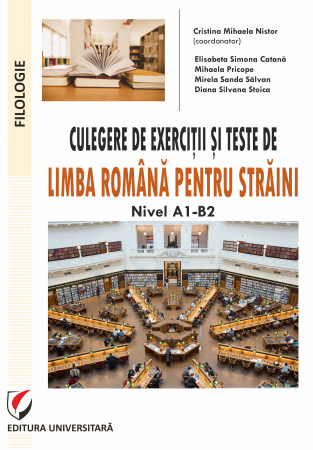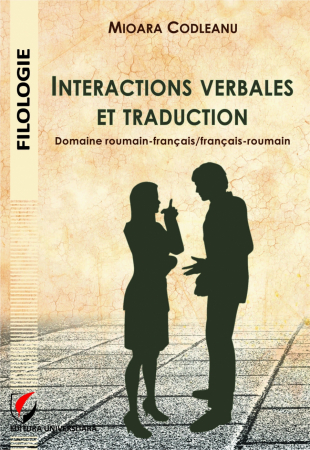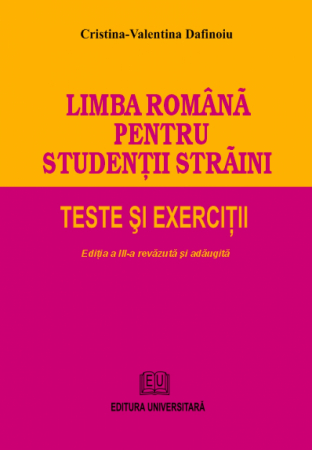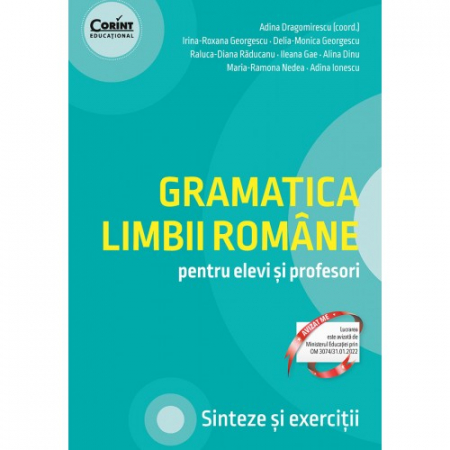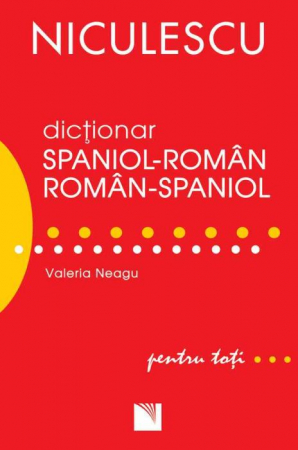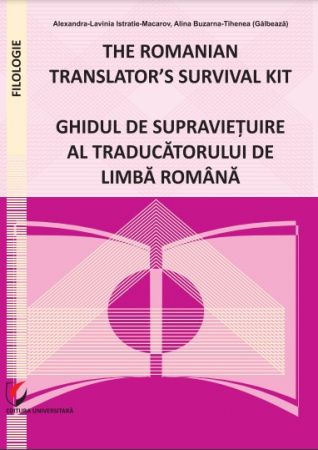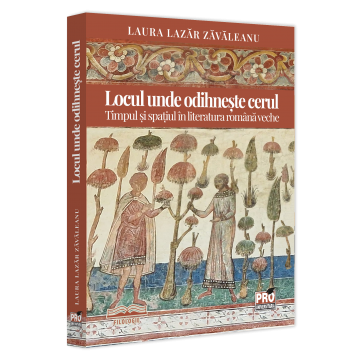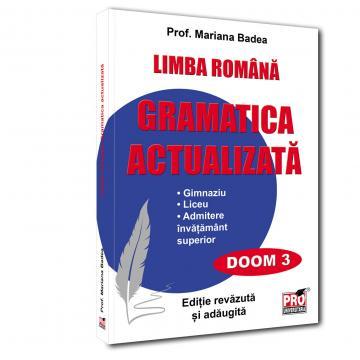Propuneri manuscrise: [email protected]: 0745 204 115
Urmărire comenzi Persoane fizice / Vânzări: 0745 200 357 / Comenzi Persoane juridice: 0721 722 783
ISBN: 978-973-749-624-9
Anul publicării: 2009
Ediția: I
Pagini: 34
Editura: Editura Universitară
Autor: Richard Witt
- Download (1)
- Cuvânt înainte
- Autori
- Review-uri (0)
-
Humanism, Erasmus and the founding of St Paul's school in ad 1509
Descarcă
It is nowadays axiomatic that in Renaissance humanism there ran a strong current of Hellenic thought. Yet the laborious stages by which Greek entered the European mainstream can easily be overlooked. In north west Europe it could perhaps never have made the headway that it did without the personal involvement of Desiderius Erasmus of Rotterdam, the scholar with the sensibility, alertness of understanding, and breadth of acquaintance that were needed to achieve the breakthrough. It was Erasmus who piloted Dutch printers among the difficulties of setting up texts in puzzling Greek type; Erasmus who softened the shock of an unfamiliar cultural paradigm impacting on the Latin modes to which Church and ruling classes were habituated; Erasmus who introduced new standards of content, quality of reasoning, and verbal elegance, all very different what Europe had come to expect from the Constantinopolitan diplomats and the Aegean seamen who turned up in partibus Francorum. It was Erasmus, too, who activated an astonishing network of contacts throughout Western Europe – astonishing both for its geographical coverage and for its access to those in high places – by writing letter after letter, composed of course in Latin, to discuss, enlighten, recommend, and where necessary, prod. And all this was done in a graceful and conciliatory style very far from the peremptory manner of Erasmus’ contemporary Martin Luther. Well might Erasmus be praised, by the Oxford historian A.L.Rowse, for his ‘humane, intelligent, middle-of-the-road tolerance’, and summed up as ‘the sharpest intellect of them all – without dogma and with little use for doctrine, except for the simple following of Christ’s message’. Had he not been there to guide, humanism in northern Europe in the earlier sixteenth century might well have become more machiavellian, more of a crusade.
Education, for Erasmus, was almost bound to be a main vehicle of ideas. The studia humanitatis were an analogue of Greek paideia, passed through the prism of Latin humanitas, ‘an educational and political ideal that was the intellectual basis of the whole [humanist] movement’. The discipline of litterae humaniores, as for example at Oxford, was ‘that literature of humankind which makes one more human’. So far from being merely ornamental, these studies were preparation for membership of the City of God. And since the animal nature of the human being was inescapable, Erasmus fashioned the concept of ‘educative reason’, to bridge between fallible body and precious soul.
Erasmus himself, as Jean-Claude Margolin points out, had been strictly brought up in the ways of Dutch devotio moderna. This localized movement, which began at the turn of the fourteenth century, flourished throughout the fifteenth, and faded in the first half of the sixteenth, had as its aim the training of ordinary people into Christian virtue by making it second nature with them to imitate the humbleness of Christ’s own conduct. That Erasmus never refers directly to devotio moderna, and that his own Christian humanism of self-awareness and independent thought differed entirely from it, suggests that if anything it was a background, one that he reacted against. His subsequent formal training was bound up with intensive study of the Latin classics, his exceptional ability ensuring that in the Netherlands he was, by the age of thirty, firmly established as public speaker and ‘poet’, a term which then meant simply ‘man of letters’. He was not, at this or any time, a religious campaigner or the founder of any school or system of philosophy.
Educational progress became (if I may borrow EU imagery) one of the ‘pillars’ of Erasmus’ mission, the others being, since he had a true vocation for universality, the unity of the Christian Church, and peace between nations. His views on how education should be carried out in practice are to be found in two treatises: the highly concentrated De ratione studii [Reasoned study], published in 1512 but roughed out when he was in Paris in his late twenties; and the De pueris statim et liberaliter instituendis [Why we should give boys a liberal education at an early age], a more discursive work, composed in Italy, where he was from 1506 to 1509, that is, in the period immediately preceding the founding of St Paul’s School in London.

6359.png)
![Humanism, Erasmus and the founding of St Paul's school in ad 1509 - Richard Witt [1] Humanism, Erasmus and the founding of St Paul's school in ad 1509 - Richard Witt [1]](https://gomagcdn.ro/domains/editurauniversitara.ro/files/product/large/humanism-erasmus-and-the-founding-of-st-paul-s-school-in-ad-1509-2576-582860.jpg)
